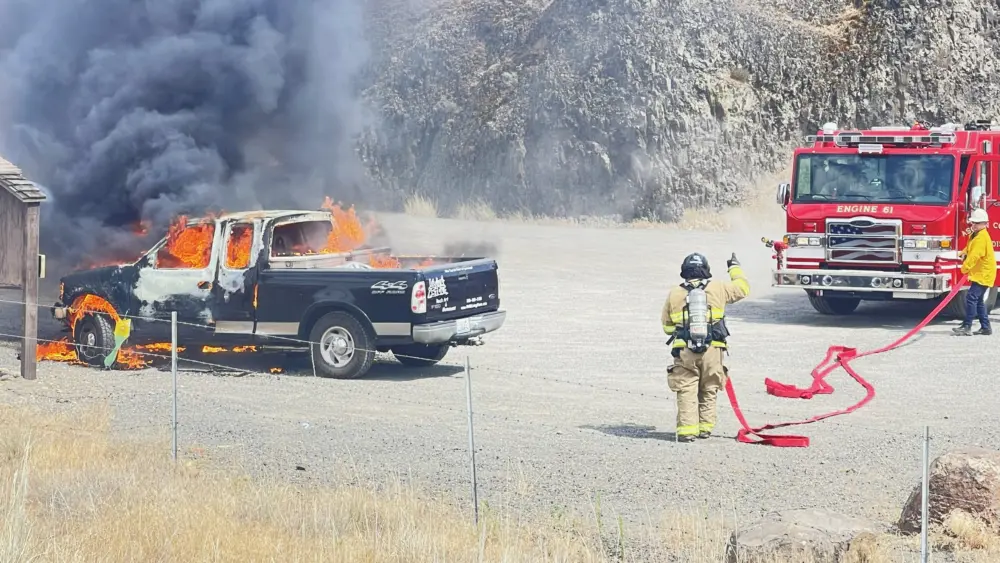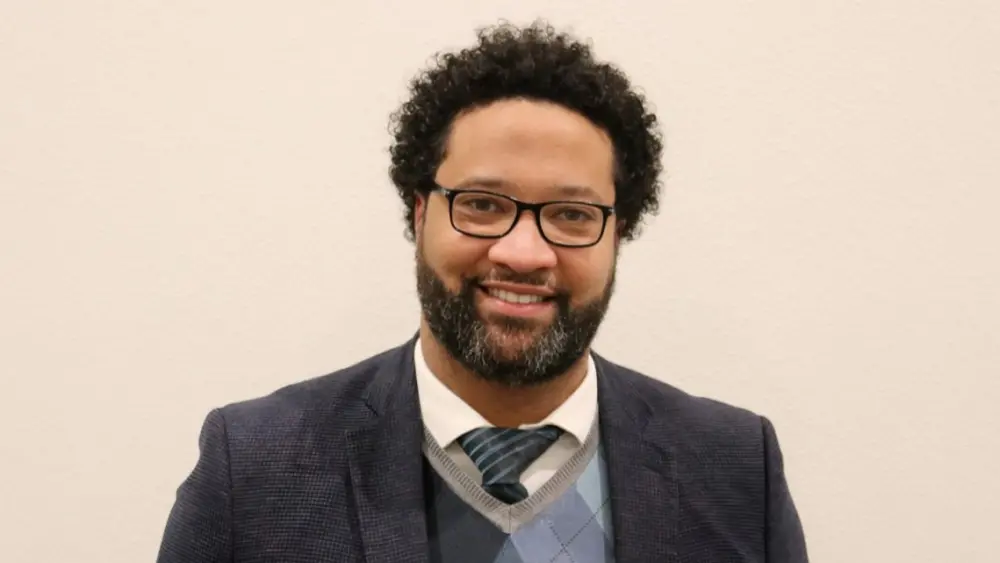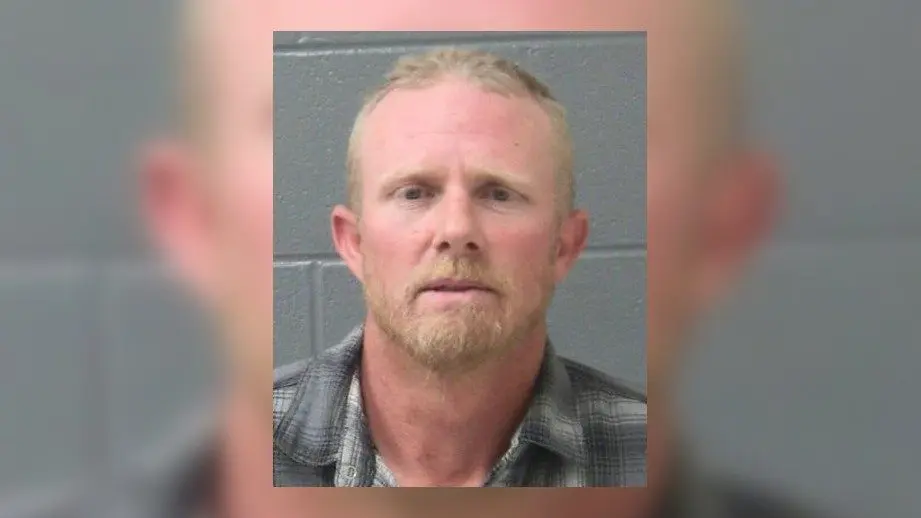BOISE — Project ECHO Idaho, a virtual continuing education resource for Idaho’s healthcare workforce, will reach its 500th session today, educating 3,542 healthcare workers since 2018.
ECHO Idaho addresses urgent healthcare needs by connecting specialists with local healthcare providers online for learning and support using presentations and individual medical cases as lessons. Each hour-long ECHO session is meant to help healthcare professionals gain the expertise required to meet the needs of their patients. Select sessions are open to media with advance notice.
ECHO Idaho is supported by the Idaho WWAMI Medical Education Program. The vast majority — 90% — of program participants live or work in Idaho.
The milestone was recognized Wednesday, Oct. 19, in the Behavioral Health in Primary Care series, one of eight active series that ECHO Idaho offers.
Healthcare professionals — especially in rural or underserved areas of Idaho — can enhance their skills by engaging with subject matter experts and specialists across the state in regular, real-time collaborative sessions. ECHO Idaho sessions also provide an opportunity for interdisciplinary healthcare professionals to claim free, continuing education credits, which are required to maintain licensure.
Behavioral Health in Primary Care, launched in 2018, is one of ECHO Idaho’s longest-running and most popular series. More than 1,000 Idaho health care workers learned or refined a wide variety of skills such as addressing trauma in a primary care setting, tapering benzodiazepines, screening for anxiety, spirituality, and mental health, assessment and pharmacology of adult ADHD, and infant and toddler mental health. Participants in this four-year series have claimed 4,410 hours of continuing education.
ECHO Idaho helps expand access to medical and behavioral health education across Idaho, which is 100% designated as a Mental Health Shortage Area by the Idaho Department of Health and Welfare.
“All communities in the state are underserved when it comes to professional mental health support,” said Shannon McDowell, an ECHO Idaho program manager and the facilitator for Behavioral Health in Primary Care. “ECHO’s role here is to help upskill primary care physicians in behavioral health illness so that when a patient sees a PCP, that doctor might be more aware of warning signs and treatment options.”
Along with expanded skills and free continuing education credits, reoccurring participants can also develop a professional in-state network they can trust.
“I can’t understate what ECHO means to me,” said Debra Mueller, a licensed clinical social worker in Boise. “These sessions provide me with a community of knowledge and clinical support. In that way, I’m taking an hour and providing self-care through professional development. How profound is that? I think it benefits client care exponentially.”
Mark Worthen, a Pocatello psychologist, agrees. “Idaho’s Project ECHO team demonstrates superior organization, effective communication and strong attention to detail,” he said. “I frequently apply what I learn from my colleagues in ECHO to provide more effective care to my patients.”
ECHO Idaho currently offers free education series focused on the following healthcare topics: Behavioral Health in Primary Care; Counseling Techniques for Substance Use Disorders; COVID-19; Opioids, Pain and Substance Use Disorders; Pediatric Autism; Viral Hepatitis and Liver Care; Medications for Opioid Use Disorder; and X-Waiver Trainings.
More information about how to register for ECHO Idaho’s free continuing education opportunities is available at: www.uidaho.edu/echo.





